

For students seeking more than just a classroom education, students trips in Morocco offer a blend of immersive culture, breathtaking landscapes, and unforgettable learning opportunities. Whether you’re a high school group, university class, or solo student traveler, Morocco offers the perfect environment to grow academically, culturally, and personally.
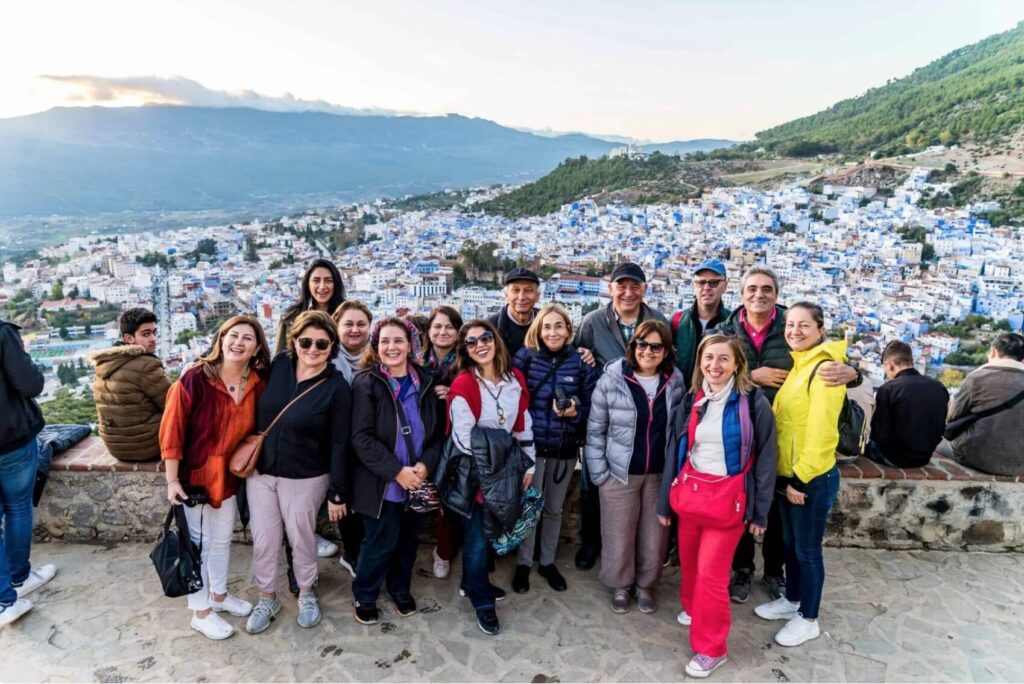
This guide explores the best destinations, must-do experiences, travel tips, and real student stories to help you plan the perfect educational journey to one of North Africa’s most vibrant and welcoming countries.
Why Morocco Is a Top Destination for Student Travel
Morocco’s diversity makes it a dream destination for students. It’s where ancient history meets modern education, where students can explore UNESCO World Heritage sites, take part in cultural exchanges, and study topics ranging from language and religion to architecture, sustainability, and development.
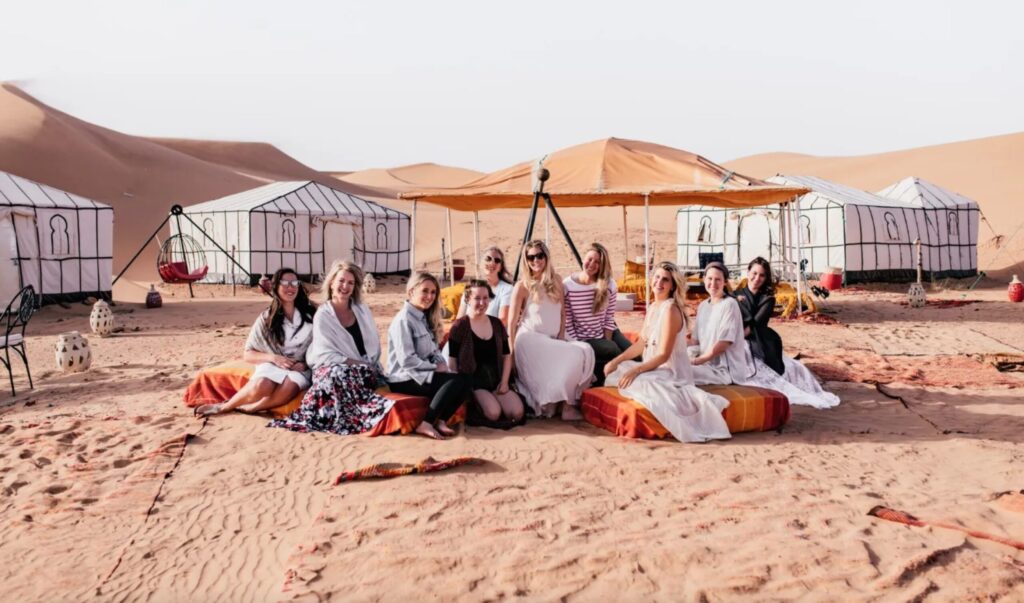
Morocco is also relatively affordable, safe, and well connected—making it an ideal base for educational field trips or gap year adventures.
The country’s deep-rooted culture includes influences from Berber, Arab, French, and Spanish traditions, offering students a hands-on opportunity to explore Moroccan culture up close.
Top Places to Visit on Students Trips in Morocco
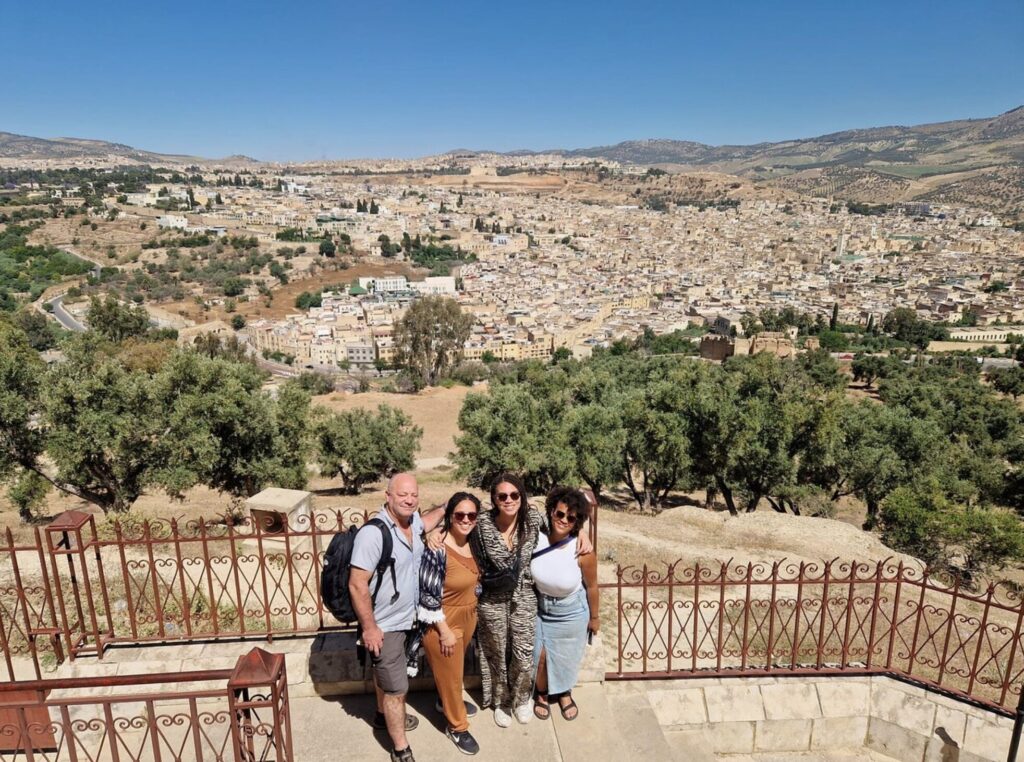
Whether you’re here for a week or a semester, Morocco has an endless list of educational and eye-opening destinations.
1. Marrakech: Culture & Commerce
Marrakech is an energetic city perfect for cultural immersion. Students can explore Jemaa el-Fnaa square, shop at traditional souks, and visit landmarks like the Koutoubia Mosque and the Bahia Palace. Don’t miss the Majorelle Garden and its Berber Museum for a look at local art and traditions.
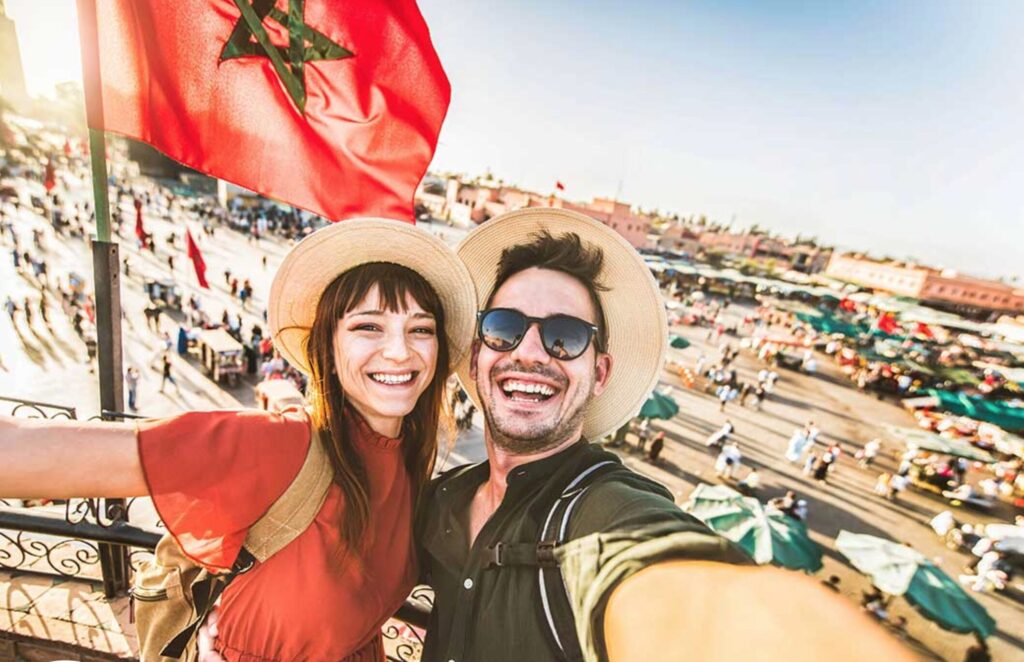
2. Fes: The Spiritual and Educational Capital
Often considered Morocco’s cultural heart, Fes is home to the University of al-Qarawiyyin, the world’s oldest continually operating university. Walking through Fes’ medina feels like stepping back in time. It’s a fantastic destination for studying Islamic architecture, theology, and urban planning.
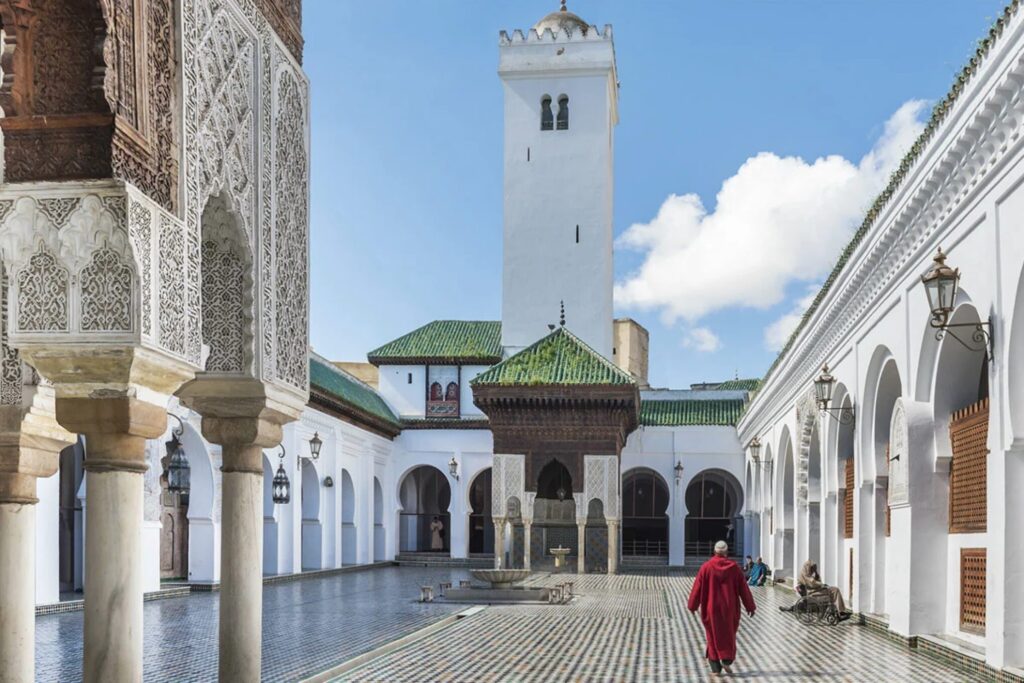
3. Chefchaouen: Art and Environmental Studies
Famous for its blue-painted buildings, Chefchaouen is a student favorite for photography, art, and environmental programs. Set in the Rif Mountains, it’s also perfect for those interested in eco-tourism and rural development.
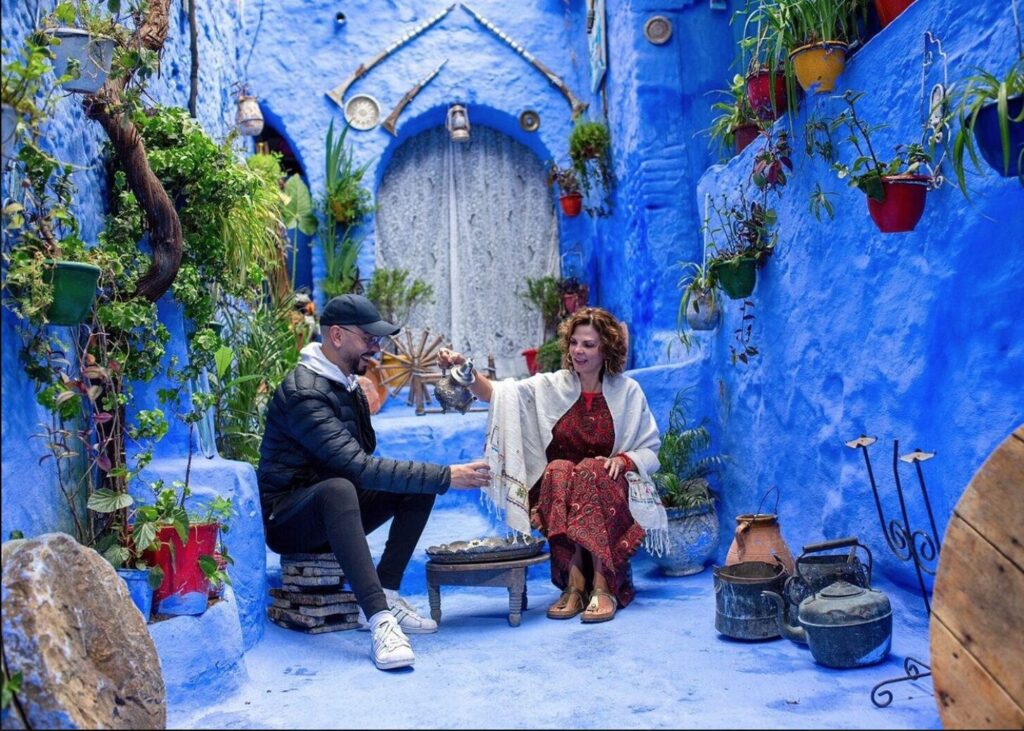
4. Sahara Desert: Sustainability & Nomadic Life
A camel trek into the Sahara Desert isn’t just a bucket-list experience—it’s also a chance to study climate adaptation, desert ecology, and Amazigh (Berber) nomadic culture. Many student groups stay in traditional tents and engage with local communities.
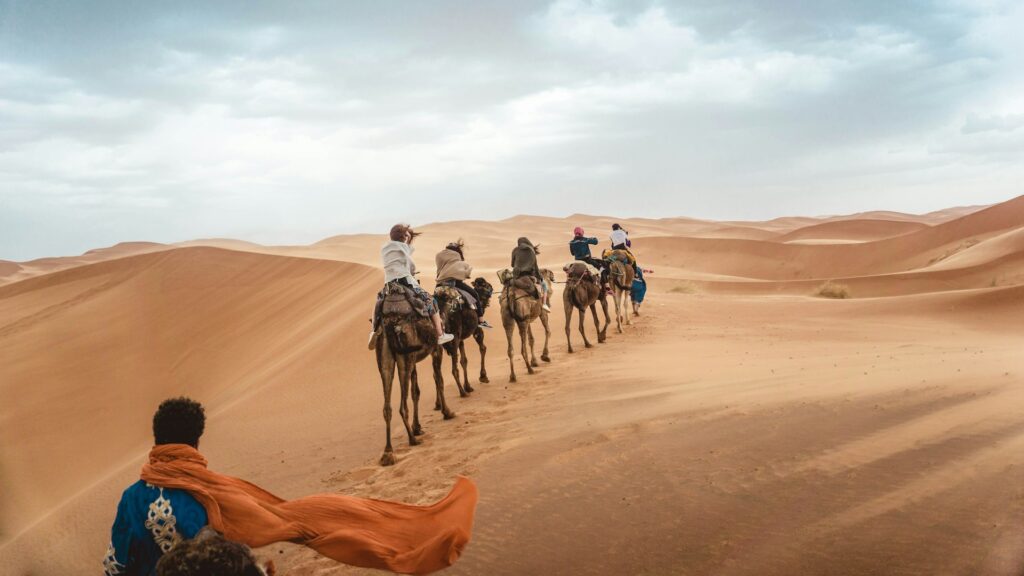
5. Rabat: Language and Diplomacy
As the capital city, Rabat is home to several embassies, NGOs, and universities. It’s ideal for students focusing on international relations, politics, or Arabic language studies. The city is clean, safe, and perfect for longer academic programs.
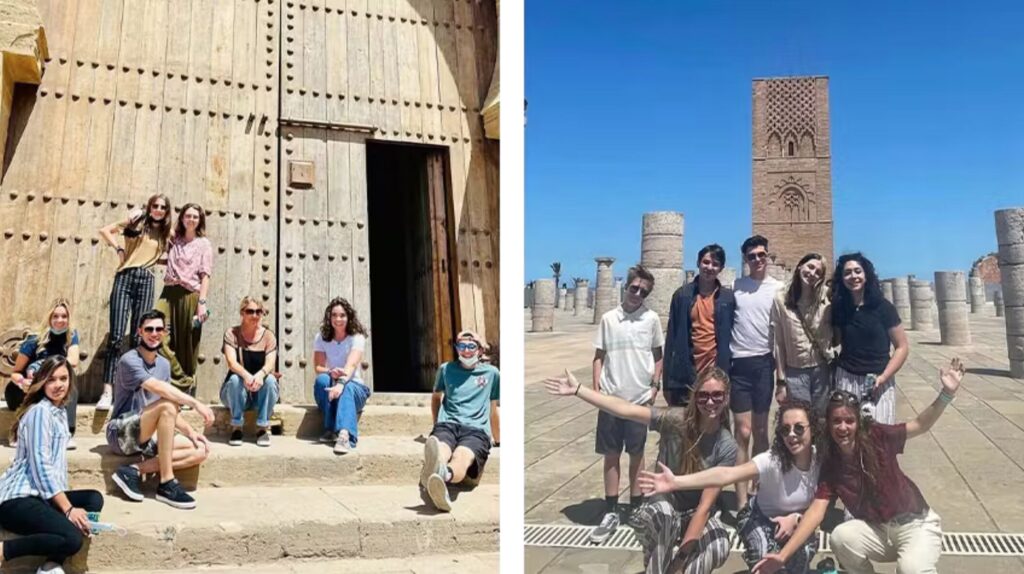
Cultural Experiences & Hands-On Learning Opportunities
Language Immersion
Many students participate in Arabic or French language programs while in Morocco. Local schools and universities offer short and long-term courses tailored for foreigners.
Volunteer Projects
Students can join community-building projects such as teaching English, helping in rural schools, or supporting women’s cooperatives. These experiences create genuine cultural exchange.
Cooking Classes & Artisan Workshops
In cities like Marrakech and Fes, students can learn to cook traditional Moroccan dishes, try pottery-making, or learn how to weave Berber rugs—skills deeply tied to local heritage.
Tips for Planning Successful Students Trips in Morocco
1. Work with a Local Tour Operator
Using an operator familiar with educational travel ensures safety, smooth logistics, and authentic local experiences.
2. Know the Dress Code
While Morocco is relatively liberal, modest dress is still appreciated—especially in smaller towns and religious sites.
3. Budget Wisely
Morocco is affordable, but it’s good to budget for transportation, entrance fees, meals, and souvenirs. Group rates often apply for student groups.
4. Stay in Riads or Hostels
Riads—traditional Moroccan homes converted into guesthouses—are a unique and immersive accommodation option. Hostels in cities like Marrakech and Fes also cater to young travelers.
5. Respect Local Customs
Learning a few basic phrases in Arabic or Tamazight, and understanding etiquette around food and greetings, goes a long way in creating positive cultural exchanges.
Student Stories: Learning Beyond the Classroom
Sophia, 21 – University Student from Spain
“Our trip focused on Moroccan politics and society. We stayed in Rabat and visited several NGOs and government offices. One highlight was our visit to the Medina of Fes—it felt like walking through a living textbook. Morocco completely changed how I view the region.”
Jordan, 17 – High School Group Leader
“Our group hiked in the Atlas Mountains and stayed in a Berber village. The students helped plant trees as part of a reforestation project. The trip was both fun and meaningful—they learned more in a week than in a semester of school.”
These real-life accounts show how students trips in Morocco can spark curiosity, promote global citizenship, and offer lifelong lessons.
Seasonal Travel Insights & Recommendations
Spring (March–May):
Mild weather and blooming landscapes make this the best time for outdoor activities and cultural exploration.
Summer (June–August):
Very hot in the south, but perfect for mountain or coastal trips like Chefchaouen or Essaouira.
Fall (September–November):
Ideal for academic travel—temperatures cool down, and the tourist crowds fade. Great for visiting cities like Fes and Rabat.
Winter (December–February):
Northern cities and the Sahara can be cold, but this is a peaceful time for reflection, research, and writing projects.
FAQ: Students Trips in Morocco
Are student trips in Morocco safe?
Yes, Morocco is considered one of the safest destinations in North Africa. Organized group trips with local guides are recommended for added security and convenience.
Do I need a visa to travel to Morocco as a student?
Many nationalities (including U.S., EU, and Canadian citizens) don’t need a visa for stays under 90 days. For longer programs, consult with your university or Moroccan embassy.
What should I pack for a student trip?
Pack modest, comfortable clothes, walking shoes, sun protection, and a journal to document your experience. Don’t forget a reusable water bottle.
Can students travel solo in Morocco?
Yes, many students travel solo. Cities like Marrakech, Fes, and Rabat are very student-friendly, especially when staying in hostels or study programs.
Is Morocco affordable for students?
Very! You can eat well, stay in budget accommodations, and travel across the country affordably compared to European or American destinations.
Conclusion: Expand Your Horizons in Morocco
Students trips in Morocco aren’t just travel—they’re transformational. Whether you’re diving into Arabic language courses in Rabat, studying ancient history in Fes, or learning environmental science in the Sahara, Morocco has the power to open minds and change lives.
– Ready to plan your student trip?
Explore more guides, programs, and inspiration at Skies of Morocco. Adventure—and discovery—awaits.




